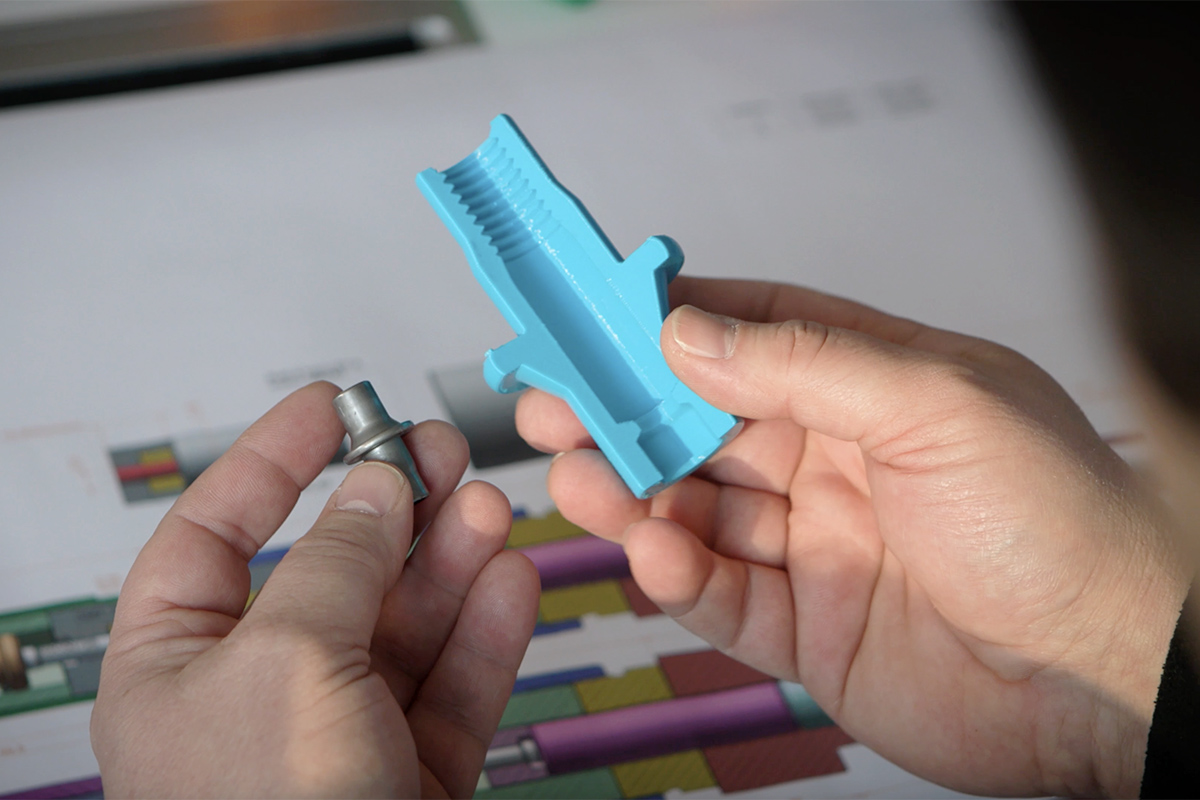As mentioned in a previous article (click here for more details), the Design for Manufacturing (DFM) phase is undoubtedly one of the most stimulating aspects of our work and one of the most decisive. By adopting this approach from the early stages of custom design with our customers, we can optimize the entire product lifecycle, providing high-quality final solutions.
We firmly believe that sharing and direct interaction with the customer directly benefits both the quality of their products and the management of their production processes. This approach proved successful in 2023, a year marked by significant challenges and intense competition in a rather unstable global market. We faced numerous challenges with great teamwork, demonstrating adaptability and a prompt response to changes, as reflected in the significant milestones achieved.
In the past year, our team of engineers designed 40 complete multi-station tools using CAD/CAE/FEM/PDM technology. We reduced the project lead time for a standard 5-station header by 60%. The morphologies created comprised 30% male and 70% female, and the sales team handled over 200 detailed RFQ for new customers or contacts collected throughout the year.
For 2024, we have set a few but significant goals to enhance the quality of our service. First is a 15% improvement in our design time to reduce time to market. Particularly in this historical moment where the market is increasingly competitive and dynamically changing, the speed of response to new needs can make a difference in the business success of our clients.
Leveraging the support of local university mechanical faculties, then , we aim to construct a 3D "transfer model" to provide our designers with a tool that facilitates part placement and enables the handling of more complex geometries, streamlining and optimizing this process for the benefit of the company's capabilities.
Lastly, we aim to further grow in the Automotive sector. To achieve this, we will dedicate more effort to the research and testing of new materials, such as aluminium, for Battery Electric Vehicles (BEV), which are becoming increasingly prominent. Continuous innovation in materials and production processes is essential for the ongoing evolution of the automotive industry towards increasingly sustainable solutions.


